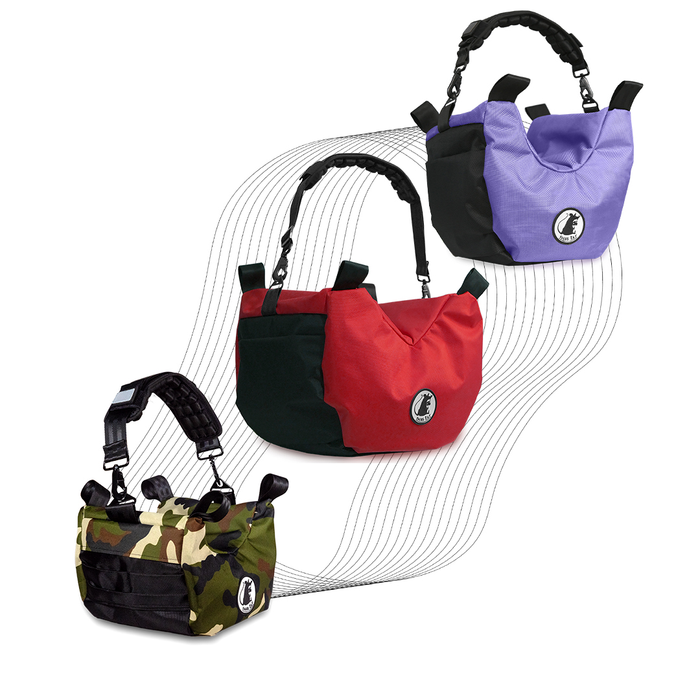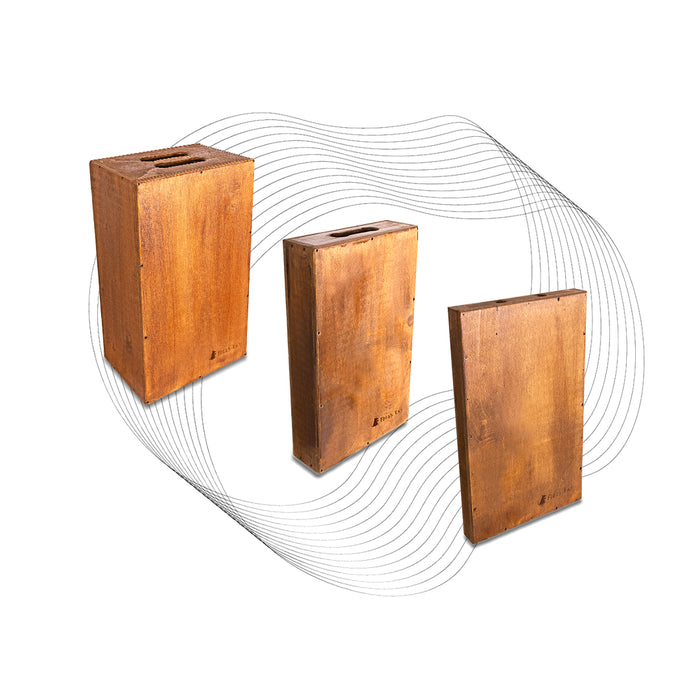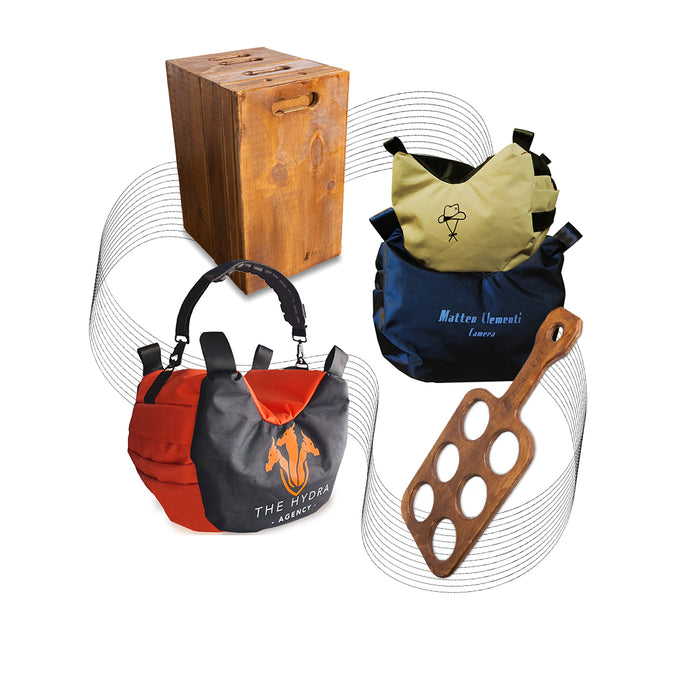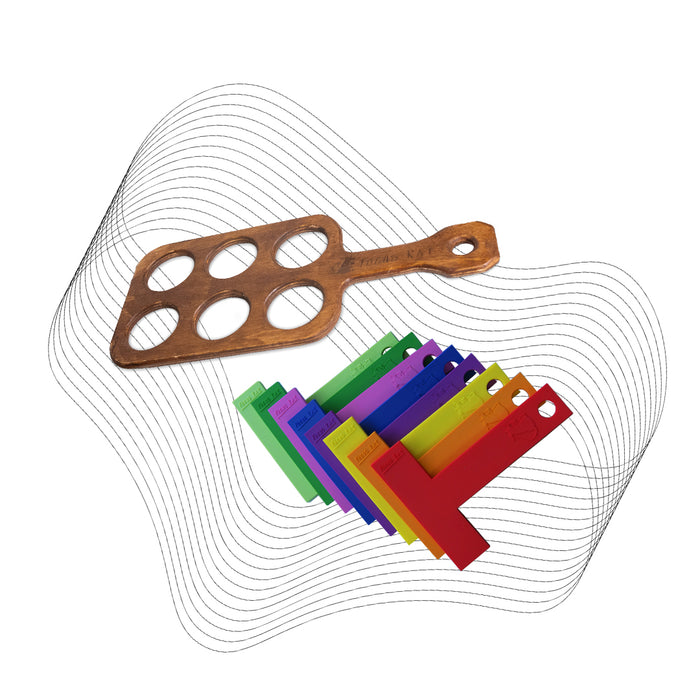
How to get along with everyone on the film set
Getting along with people is not easy, especially on a film set where things can get pretty hectic, personalities from every walks of life clash views and visions, and job security is on the line.
This guide will help you avoid getting into unnecessary fights, how to be respected on set, how to navigate the complex hierarchy that is in the film industry, and maybe even improves your social skills a bit.
Let's jump into it, shall we?
1, You can't get along with everyone.

Yes, we are starting the guide on how to get along with everyone on the set by saying you can't get along with everyone. No, we are not insane, there is a logic to this.
Getting along with people usually means being friends with someone, exchanging pleasant words, helping each other, being open, friendly, welcoming, and so on.
This may be an important thing in a classroom, family, or close social circles, but not at work, not on the set.
Some people are there to do a job, get paid, and go home. Some people are highly skilled in a particular field, but are really bad at socializing, and have no plans or desire to fix this. Some just don't mesh well with your personality, and some just don't want to be your friends, no matter how much you would like it otherwise.
And that's okay.
Spending time and energy trying to be friends with these kinds of people will just exhaust you and them, and create unneeded drama that will slow down the production speed of the set, and can create even more complications down the road.
2, You can be respectful to everyone.

This does not mean, however, that you can’t show respect to absolutely everyone on the set, including people you don't like or don't get along with. For an antisocial person there is no better feeling than someone acknowledging them, and then proceeding to leave them alone to their devices.
This is what you should do to everyone, from the background actors to the director. Acknowledge their existence with a respectful nod and or salute, and try to match their energy.
If the best boy electric is very busy, you should respect this and don't waste his time, be short and to the point. If a crew member is feeling chatty, humor them and chat a bit, maybe they are just nervous and want to release some tension by talking.
Always try to sense the mood and the power dynamic. If you’re working on a big-budget film set with A-list actors, it’s better to communicate with their assistants if needed and make sure that you communicate clearly and to the point.
Each and every person, even the most devilish 1st AD (Assistant Director) is a person who likes to be respected and valued for their craft. Show them that you do so, even if you don't like them, and they will give you the same respect back.
3. Know your role well.

Respect yourself and your craft is key to this.
The best way to do this is to know what exactly you need to do on the set, what other people need to do, and do not overstep your boundaries.
Nothing is more respected in the professional industry than a person who knows their craft well and does not need instructions on where to stand, when to start and when to finish.
At the same time, nothing is more annoying than a person who gives unsolicited advice on how other people should do their roles.
Sometimes that advice is coming from a good place, however, it can feel insulting to the person who spent a lot of time learning their role.
Knowing your role well will help you complete it in a timely and efficient manner, making other people respect you and giving you the space to do what you are there for.
Doing this, and only giving advice when prompted will help you have a positive working relationship on set, and maybe even create long-term ones.
4 know the basic structure of the set

Knowing who does what on set and how to approach each person is a massive advantage that will make your and their life easier.
Below is a short breakdown of how to approach a person based on their department and job. Keep in mind, that this is more general advice, you will probably need to tailor it to your unique scenario.
If you would like a more detailed breakdown of each role in the set, we have a youtube video breaking down the roles in detail based on the “Above and Below the Line” distinction.
- Producer:
- Eye contact, be direct and do the point, and keep mostly to topics related to your role. They are usually stressed as hell, and mentioning money or delays may spook them.
- Director:
- Don't be afraid or intimidated by their sometimes brusque and direct tone, and state your needs clearly and concisely. They usually get lost in their fantasies and need a few seconds to realize they are talking to a fellow living being. Decide if the Director, 1st or 2nd AD is the person you wanna talk to, usually the ADs are more appreciable
- Main crew (below the line /BTL):
- Be friendly, smile, and don’t be afraid of some appropriate small talk, however, don't let them walk all over you, stand your ground especially when it comes to your expertise. Make it clear that you are here to do a job and not to argue with your colleagues.
- Script Supervisor:
- Approach them calmly, they usually have a million ideas bouncing in their head and have to be aware of the smallest details when it comes to the actors and film set. The best time to talk to them about your needs is when they stop to breathe in between takes.
- Catering crew/Crafty:
- Acknowledging their existence with a smile and a respectful greeting will automatically bump you up to “Cool Guy/Girl” status. Maybe even net you an extra avocado at lunch.
5 take responsibility for communication

Sometimes the leader in the group is very busy, or sometimes the other departments have their plate full. Waiting for other people to come and talk to you, to tell you what to do or to introduce you to other people won't happen, and it's best to take charge of communication yourself.
Make sure you communicate your need to your superiors clearly and on time, and after getting a response, you pass this information to your team or the relevant departments.
You should always take charge in communication unless there is a designated person whose job is to communicate between teams. Even then, make sure you communicate with this person clearly and respectfully, they will appreciate you trying to make their life easier.
A quick and easy trick that will make your life easier when delivering bad news, criticism, or asking for something from someone stubborn is to use the sandwich method.
The sandwich method:
- The top crust: compliment the person in question about something you genuinely find interesting about them or their craft or praise them about something positive they have done or suggested recently.
- The middle filling: Deliver the criticism, bad news, and request in as detailed and non-accusatory tone as possible.
- The bottom crust: Finish by thanking them for their time, giving another compliment, re-affirm your trust in their abilities, and generally end on a positive and uplifting tone.
+ Bonus Salad: When dealing with a picky eater, it helps if you insert the self-critical lettuce into the burger as well, saying a few words about your failures of something related to the task, no matter if it's recent or a long time ago.
In conclusion
- Eye contact is always useful.
- Don't overstep your role/department.
- Be precise and to the point in your “Needs and Wants” on the set.
- Respect and trust the other person's knowledge and give them space to use it.
- Don't try to get along with everyone, but be respectful to everyone.
- Use the sandwich method for best results when delivering news or criticism.
Everyone in the set is a human who likes to be appreciated and treated with dignity. Following a few of the ideas in this blog will help you create a pleasant mood on set, facilitate a productive environment, improve your communication and even create long-term partnerships with the people involved.
Photos provided by Octopus
Check these out!

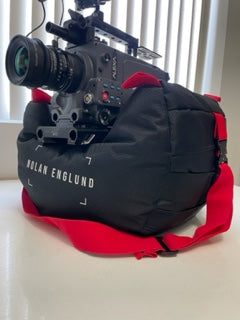 Customizable Rat Bag - Professional Steady bag (Steady Saddle)
Customizable Rat Bag - Professional Steady bag (Steady Saddle)Customizable Rat Bag - Professional Steady bag (Steady Saddle)
€362,88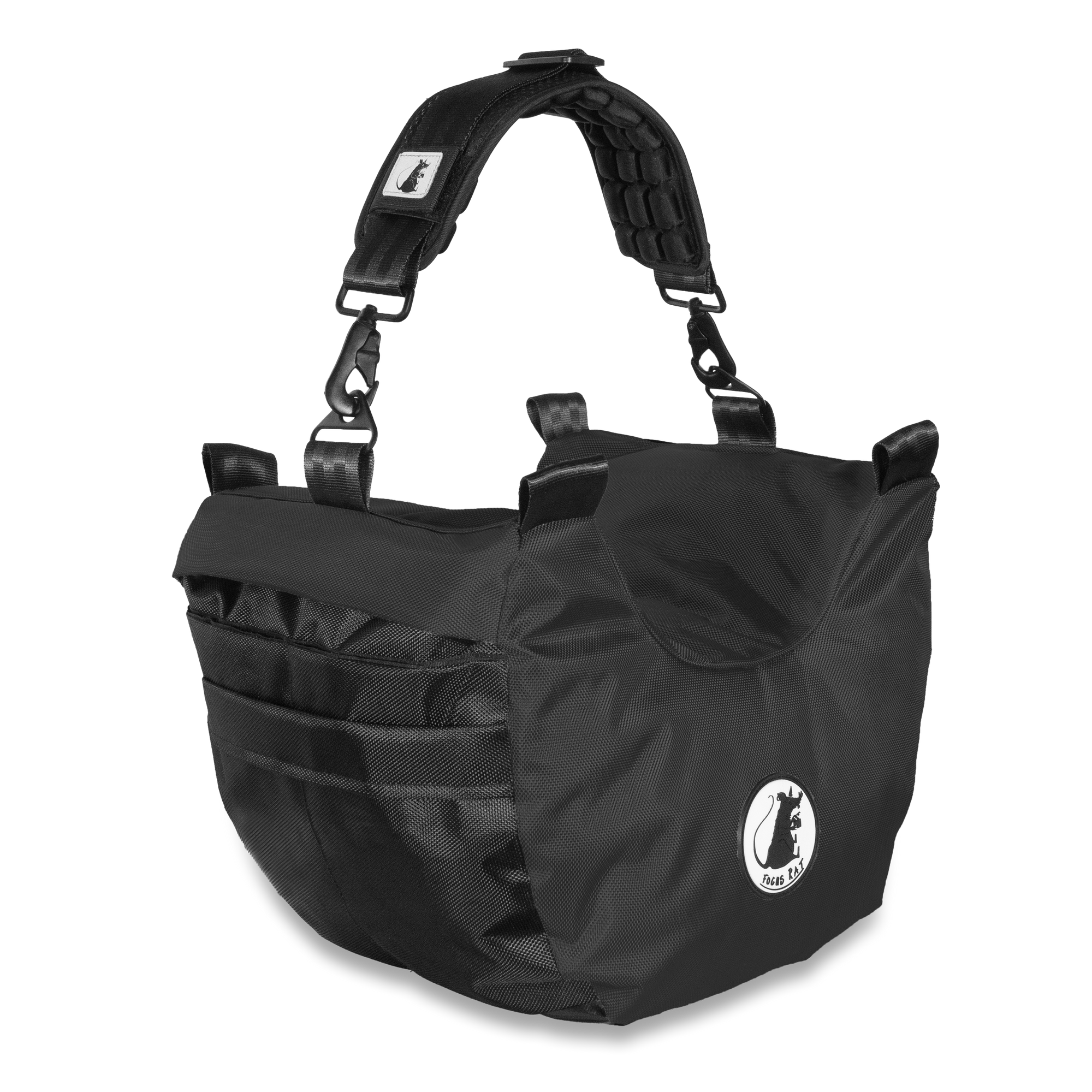
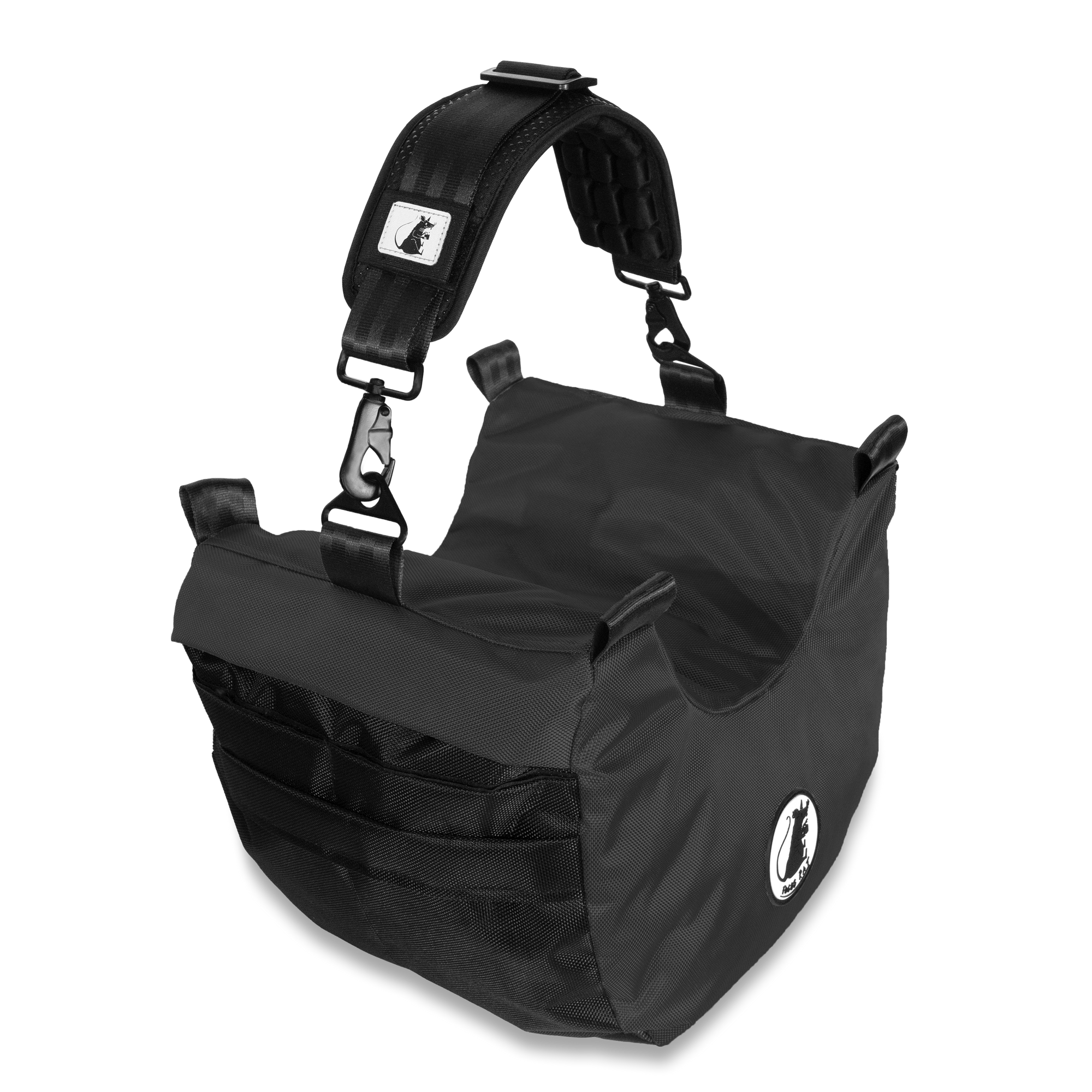 Professional Medium RAT BAG V4 - (Memory Foam Filling Camera Stabilizer) True Black
Professional Medium RAT BAG V4 - (Memory Foam Filling Camera Stabilizer) True BlackProfessional Medium RAT BAG V4 - (Memory Foam Filling Camera Stabilizer) True Black
€249,90
Sign up to our newsletter
Receive special offers and first look at new products.

